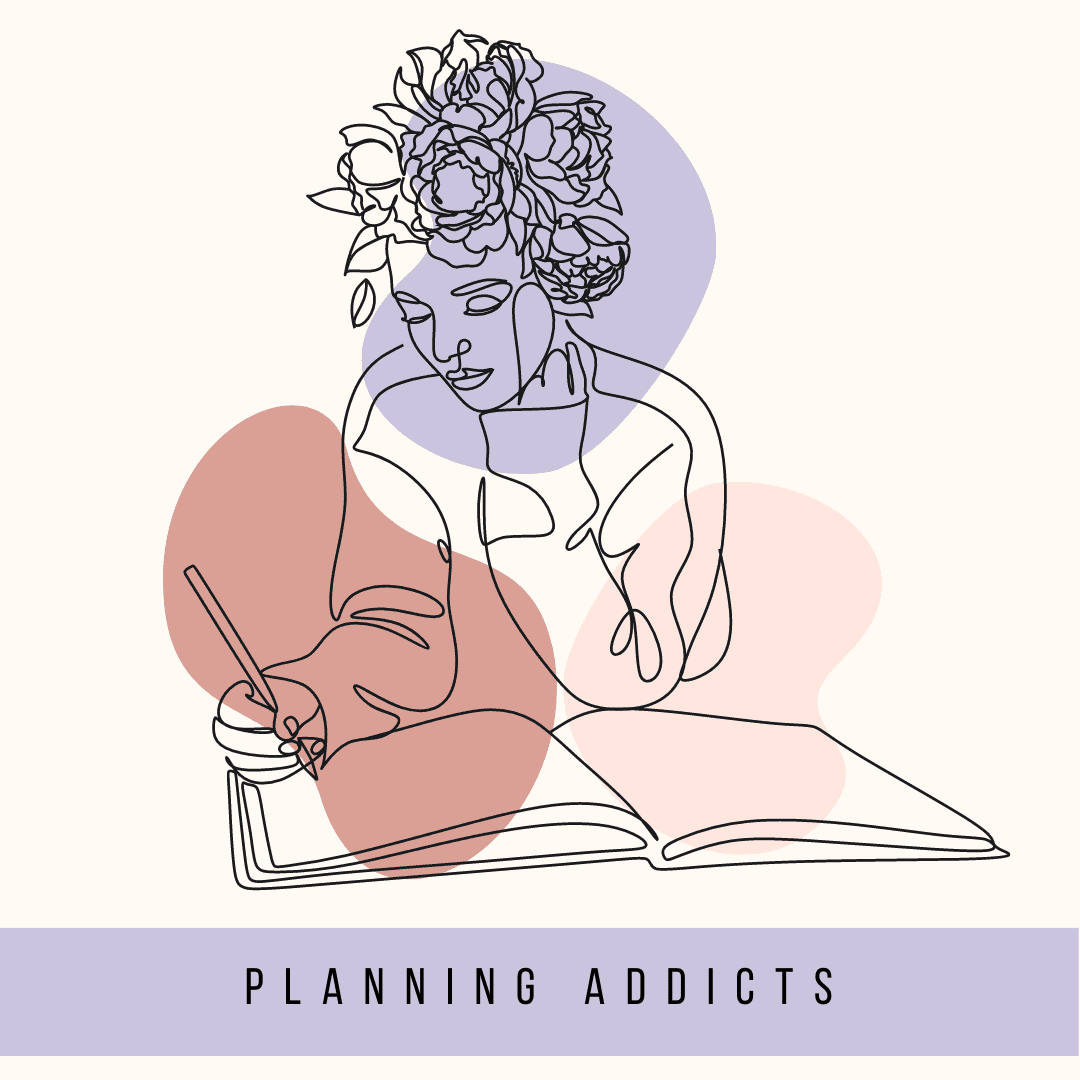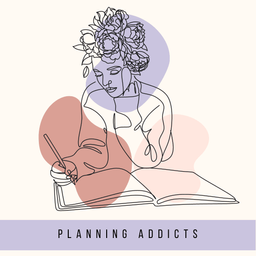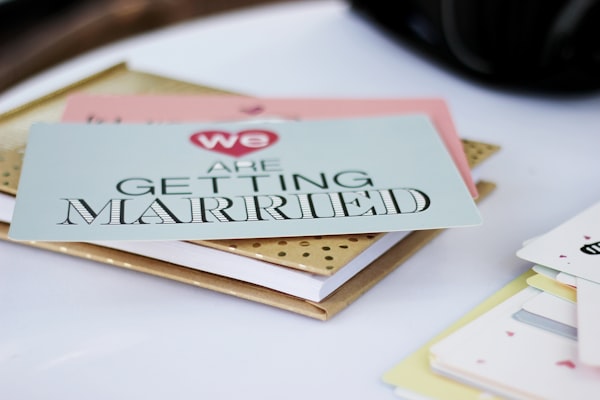Planning Retirement for Specific Circumstances
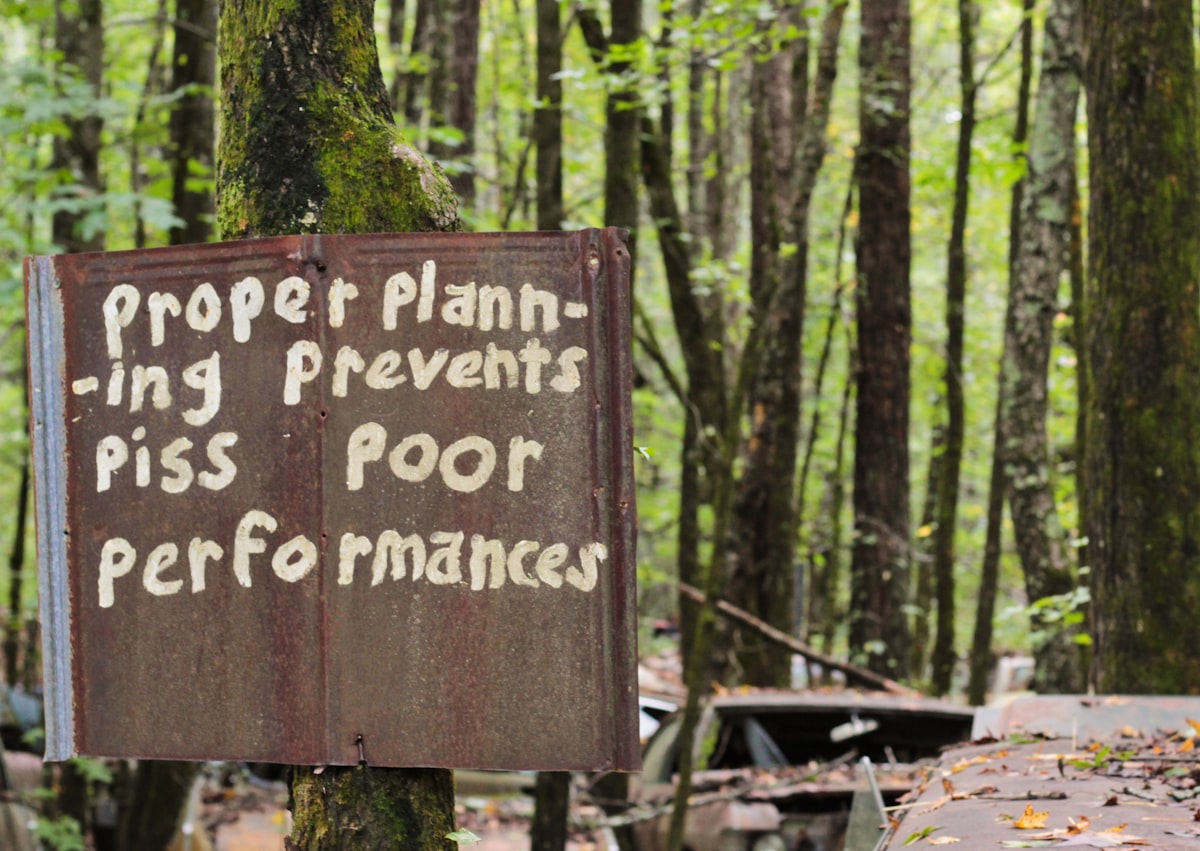
Tailoring Your Retirement Plan to Fit Your Unique Life
So, you're thinking about retirement planning and might be feeling a bit overwhelmed. Don't worry, you're not alone.
While I'm not an expert by any means of the word, hopefully, this article will help you understand what it takes to start planning for retirement.
Retirement planning can seem like a giant puzzle with so many pieces to fit together – and it's different for everyone. Whether you're in your energetic 30s, working with a small pension, or navigating the unpredictable waters of freelancing, there's a path for you.
Let's face it, not everyone's retirement journey looks the same.
Maybe you're in your 30s, balancing the act of saving for retirement while living your life to the fullest.
Or perhaps you're looking at your pension and thinking, "Is this enough?"
And for the freelancers out there, juggling irregular income while trying to save might feel like a high-wire act without a net.
But here's some good news – retirement planning doesn't have to be a one-size-fits-all deal. It's all about finding the right strategy that works for your unique situation.
The trick is to start where you are, use what you have, and do what you can. Remember, the journey of a thousand miles begins with a single step.
This information is designed to help you create the best products for your community by using private label rights (PLR) content from PlanningAddicts.com.

The Early Bird: Retirement Planning in Your 30s
Alright, so you're in your 30s, and retirement seems like a distant speck on the horizon. But here's a little secret – your 30s are actually a golden time to get serious about retirement planning. As a 50-year-old, the last 20 years flew by and I have little to show for it financially.
Why Start in Your 30s
1. The Magic of Compound Interest
Imagine a snowball rolling down a hill, getting bigger and bigger. That's compound interest. The money you save now has more time to grow, thanks to interest piling on top of interest. It’s like planting a tree – the earlier you do it, the bigger it grows.
2. The Perks of Starting Early
Starting in your 30s gives you a head start. You can save less now and end up with more later, compared to starting in your 40s or 50s. Plus, it's easier to form good saving habits now rather than trying to play catch up later.
Strategies for 30-Somethings
1. Make the Most of Employer-sponsored Plans
If your job offers a 401(k) plan, especially with a match, jump on it! It's like free money for your future self. Contribute enough to get the full match – it's an instant return on your investment.
2. Dive into IRAs and Roth IRAs
Aside from 401(k)s, look into Individual Retirement Accounts (IRAs). Traditional IRAs can give you a tax break now, while Roth IRAs offer tax-free money in retirement. Both are fantastic tools in your retirement toolkit.
3. Don’t Forget an Emergency Fund
Life throws curveballs. An emergency fund can keep you from dipping into your retirement savings when unexpected expenses pop up. Aim for 3-6 months of living expenses tucked away in a safe, easily accessible account.
Balancing Retirement and Life Goals
1. Retirement vs. Life Goals
It's a balancing act. Yes, saving for retirement is key, but you also have life goals like buying a house or traveling. It's all about finding a happy medium where you can enjoy today while still securing your future.
2. Tips for Managing Debt
Got debt? You're not alone. Focus on high-interest debts first, like credit card balances. It's about being strategic – sometimes paying down debt can be just as important as saving for retirement.
Remember, your 30s are a time of great opportunity for setting the stage for a comfortable retirement. It's not about stashing away every penny, but rather about making smart choices and setting up a plan that grows with you. So, take advantage of these years – your future self will thank you!

Making the Most of a Small Pension
Navigating the retirement landscape with a small pension can feel a bit like trying to row a boat with a tiny paddle. But don't worry, it's totally possible to make that journey smoothly with some smart planning. Let's dive into how you can make the most out of a small pension.
Understanding Your Pension
Pensions 101
First things first, let's talk about what a pension actually is. Think of it as a retirement pot that you and often your employer have been filling up during your working years. Once you retire, this pot starts giving back, providing you with a regular income.
Know Your Pension Inside Out
It's super important to understand your specific pension plan. How much can you expect to receive? When does it kick in? Are there benefits for your spouse? Get cozy with the details, because they'll help you plan better.
Supplementing Your Pension
Finding Additional Income Streams
Let's be real, your pension might not cover all your expenses in retirement. But fear not! There are ways to supplement it. Maybe it's a part-time job you love, renting out a room, or even turning a hobby into a side gig.
Saving and Investing Wisely
Besides extra income, personal savings and investments can be a lifesaver. If you've got some time before retirement, focus on building up your savings. Look into investment options that suit your risk tolerance and timeframe – stocks, bonds, mutual funds, you name it.

Lifestyle and Budget Adjustments
Smart Spending
With a smaller pension, managing your expenses becomes key. This doesn't mean cutting out all the fun – it's about spending smarter. Maybe you don't need that mega cable package or could dine out a little less.
Planning for Healthcare and Surprises
Healthcare costs can be a biggie in retirement. Make sure you understand your healthcare options and plan for those costs. And don't forget to have a cushion for those unexpected expenses – because life loves surprises.
Remember, having a small pension doesn't mean you can't have a fulfilling retirement. It's all about understanding what you've got, finding ways to boost your income, and adjusting your spending to fit your lifestyle. With a bit of planning and creativity, you can make your golden years shine bright!
Retirement Planning for Freelancers
Planning for retirement might seem a bit trickier for you if you’re a freelancer, gig worker, or self-employed, than for those with a traditional 9-to-5 job.
But, with a little creativity and some proactive planning, you can build a retirement plan that's as flexible and robust as your career.
Unique Challenges for Freelancers
The Rollercoaster of Irregular Income
One month, you're rolling in dough; the next, it's tumbleweeds. Irregular income is part and parcel of freelance life. This makes saving a consistent amount for retirement a bit of a juggling act.
DIY Retirement Planning
Without an employer spoon-feeding you a 401(k) plan, you're in the driver's seat for your retirement planning. It's a bit more work, but hey, you're used to wearing multiple hats, right?
Tax Time Tango
As a freelancer, managing taxes is another hat you wear. Setting aside money for taxes is crucial, and so is figuring out how to save for retirement in a tax-efficient way.
Building Your Retirement Fund
Self-Employed Retirement Plans
Good news! There are retirement plans designed just for folks like you. The SEP IRA and Solo 401(k) are popular choices. These plans allow you to save a lot more than traditional IRAs, and they're pretty flexible, too.
The Art of Diversification
Investment diversification is your best friend. It helps manage risk by spreading your investments across different types (stocks, bonds, real estate, etc.). Think of it as not putting all your eggs in one basket.
Insurance and Emergency Funds
Insuring Your Greatest Asset – You
Health and disability insurance are super important, especially when you're self-employed. If you can't work, you can't earn, so protecting your health and income is a no-brainer.
Emergency Fund Essentials
An emergency fund is like your financial safety net. Aim to save enough to cover at least 3-6 months of living expenses. It'll help you weather any unexpected storms without raiding your retirement savings.
Retirement planning for freelancers is all about being as dynamic and adaptable as your work life. Embrace the uniqueness of your career path and use it to craft a retirement plan that suits your lifestyle and needs. With the right strategies in place, you'll be well on your way to a secure and enjoyable retirement, free from the constraints of the traditional work world. So, let's get planning!

Resources to help your audience plan for retirement:

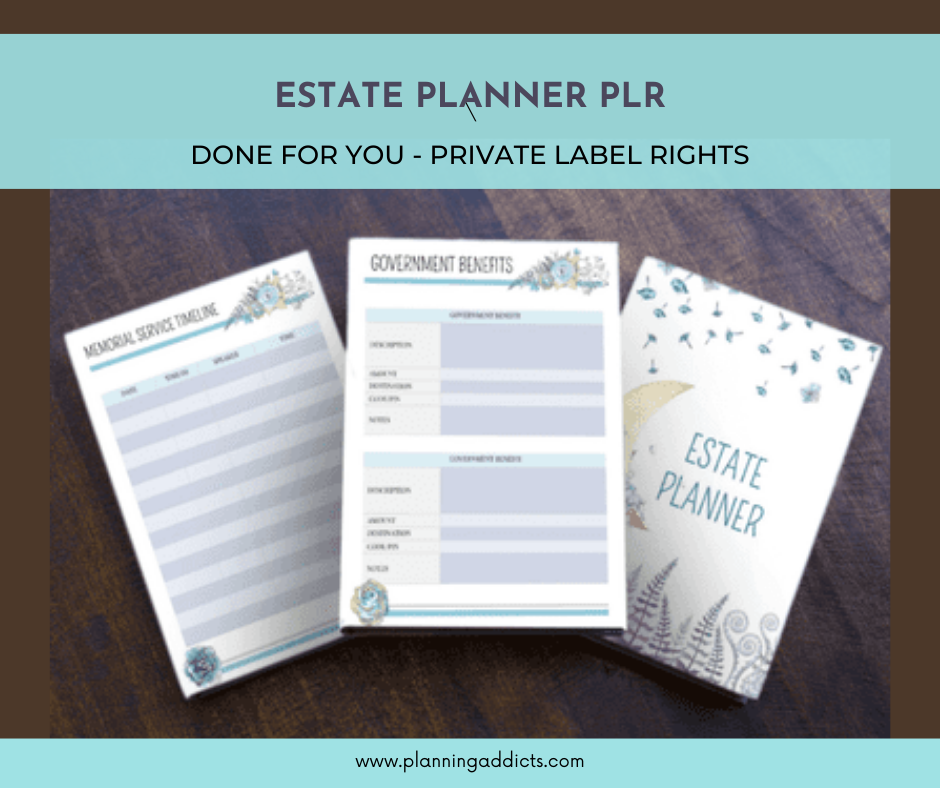

General Tips and Resources for Retirement Planning
So, you've got a grip on the specifics of retirement planning for your situation. Awesome! But wait, there's more. Whether you're a 30-something professional, a freelancer, or working with a small pension, there are some universal tips and tools that can make your retirement planning journey smoother and smarter. Let's dive in!
Tools and Apps for Retirement Planning
Budgeting and Investment Apps
In the digital age, there's an app for just about everything – including retirement planning! Budgeting apps like Mint or YNAB (You Need A Budget) can help you keep track of your spending and savings. For investments, apps like Robinhood or Acorns make investing easy and fun, even if you're not a Wall Street whiz.
Retirement Calculators
Want to get a quick peek at your retirement future? Online calculators (you can find them on sites like Bankrate or NerdWallet) are super handy. They can give you an idea of how much you need to save to retire the way you want.
Seeking Professional Advice
When to Call in the Pros
Sometimes, Google and a good app just don't cut it. If you're feeling overwhelmed, or your situation is a bit complicated (hello, freelance taxes!), it might be time to talk to a financial advisor. They can help tailor a retirement plan to your unique needs.
Why Professional Advice Can Be a Game-Changer
A good financial advisor doesn't just help with investments; they look at your whole financial picture. They can offer advice on saving, taxes, insurance, estate planning – the whole shebang. Plus, they can be a sounding board for your ideas and concerns.
Staying Informed and Adaptable
Keeping Up with Financial News
Laws change. Markets fluctuate. New financial products pop up. Staying informed about these changes helps you make better decisions and keep your retirement plan on track. Websites like Investopedia or The Motley Fool can be great resources.
Be Ready to Pivot
Life is full of surprises, and your retirement plan should be flexible enough to accommodate them. Regularly review and adjust your plan as your life and the world around you change. Maybe you get a windfall (hello, inheritance!) or decide to switch careers – your retirement plan should be able to roll with those punches.
Whether you're a numbers newbie or a savvy saver, the right tools, advice, and mindset can make planning for retirement less daunting and more doable. Remember, the goal of retirement planning is to make your future self happy and secure, so dive into these resources and strategies with confidence and curiosity. Happy planning!
TL;DR: Quick Recap of 'Planning Retirement for Specific Circumstances'
- Retirement in Your 30s: Start early to leverage compound interest, make the most of employer-sponsored plans like 401(k)s, and balance retirement saving with life goals.
- Small Pension: Understand your pension details, explore additional income streams, and adjust your lifestyle and budget to maximize your pension.
- Freelancers: Face the challenges of irregular income by choosing self-employed retirement plans (like SEP IRA, Solo 401(k)), and don't forget health insurance and an emergency fund.
- General Tips: Use budgeting and investment apps for easier planning, seek professional advice when things get complex, and stay informed and adaptable to changes in your financial situation.
FAQ Section
Q: Is it too late to start saving for retirement in my 30s?
A: Absolutely not! Your 30s are actually a great time to start, thanks to the power of compound interest. Starting now gives your money more time to grow.
Q: Can I still have a comfortable retirement with a small pension?
A: Yes, with smart planning. Understand your pension thoroughly, supplement it with personal savings or additional income streams, and make strategic lifestyle adjustments.
Q: As a freelancer, how do I handle retirement savings without a traditional employer-sponsored plan?
A: Consider setting up a retirement plan tailored for self-employed individuals, like a SEP IRA or Solo 401(k). Also, diversify your investments and ensure you have adequate insurance and an emergency fund.
Q: How often should I review and adjust my retirement plan?
A: It's a good idea to review your retirement plan at least once a year, or whenever you have a major life change, like a new job, a change in income, or a change in family circumstances.
Q: Should I manage my retirement planning alone or seek professional help?
A: While many tools can help you manage on your own, seeking professional advice can be beneficial, especially if your situation is complex or you're unsure about your decisions.
Q: Are there easy-to-use tools for retirement planning?
A: Yes! Budgeting apps like Mint or YNAB and investment apps like Robinhood or Acorns are user-friendly and can help simplify the process. Retirement calculators available online are also useful for quick estimates.
